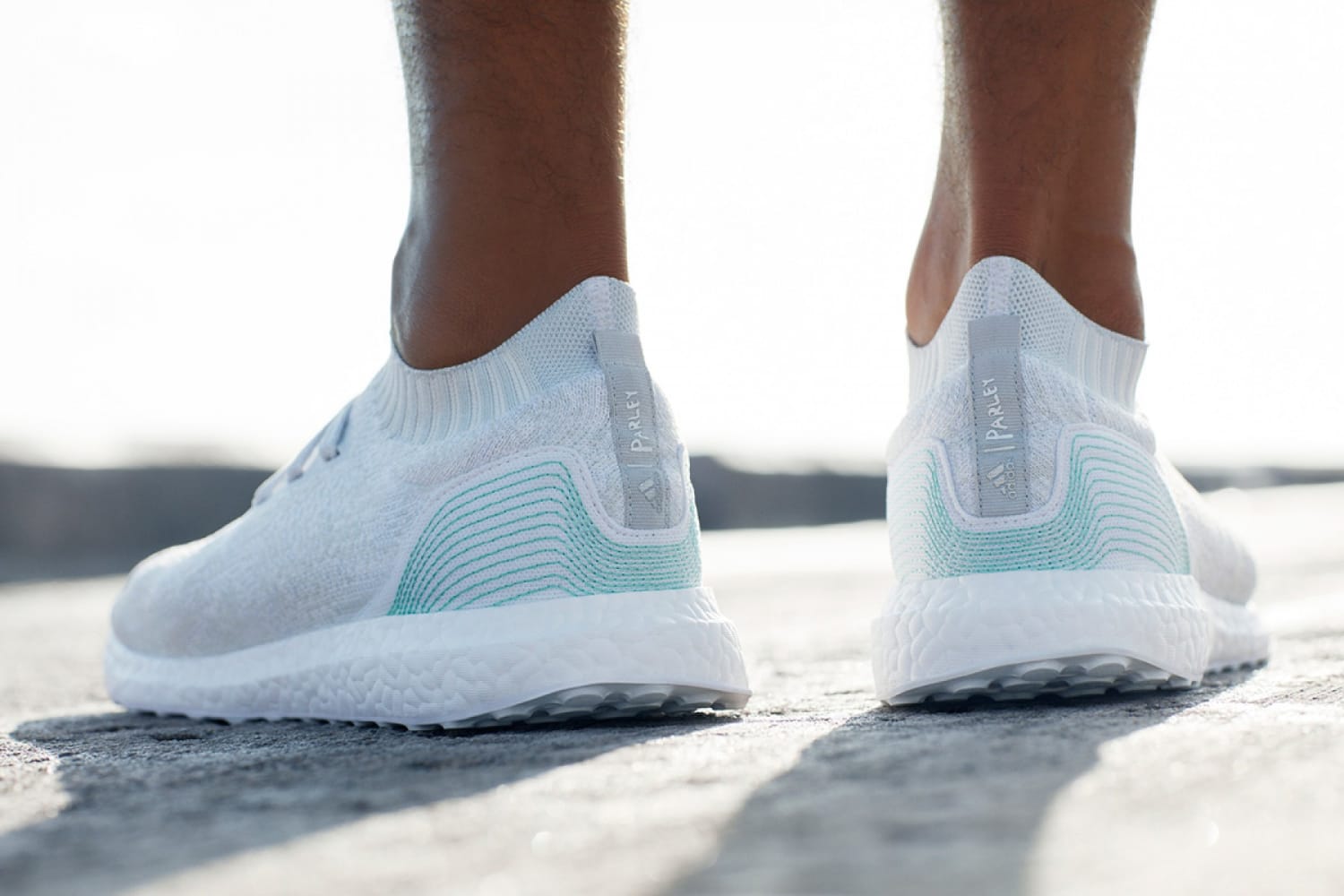This month Ikea launched Kungsbacka, a new range of kitchen fronts made from recycled PET bottles. “We know that every year approximately 100 billion bottles are consumed worldwide, and that is only water bottles,” said Anna Granath, product developer at Ikea. “Starting there, we saw that we could give PET bottles a second life by including them in our kitchen fronts.”
From kitchens to footwear, recycled plastic is showing up in more mass-market products.

The challenge was to make sustainable products available and affordable for the mass market, since the use of recycled materials can often drive up costs. Ikea and their development partners spent two years adjusting the materials, design, and production process to be more affordable while not compromising on form, function or quality.
“Ikea reaches out to so many people, so we wanted to design a product that is accessible and affordable,” said Jonas Pettersson, co-founder of design company Form Us With Love and leader of design for the Kungsbacka.
Apart from the Kungsbacka, Ikea has invested heavily in sustainability initiatives. The company recently bought a 15% stake in Morssinkhof Rymoplast Group, a Dutch plastic recycling company, and in 2015 it vowed to spend 1 billion euros on renewable energy to help tackle climate change.

“For us, Kungsbacka is just the start,” said Granath. “Since our products are bought by so many people, by offering more sustainable materials we actually have the opportunity to improve the industry and contribute to worldwide changes.”
Ikea is not the only consumer giant to reassess its use of recycled materials. In November 2016, adidas launched the Parley x adidas Ultra Boost Uncaged sneakers, made using recycled ocean plastic. Adidas has announced that it will produce one million pairs of Ultra Boost shoes using recycled ocean plastic by the end of 2017.

Denim brand G-Star started the RAW Sustainable program in 2008, and in 2014 introduced Bionic Yarn, an eco-friendly thread also made of recycled ocean plastic. The company has since announced that it will replace all conventional polyester with recycled polyester, including Bionic Yarn, by 2020.
“We were ready to make a bigger impact,” said Frouke Bruinsma, head of corporate responsibility at G-Star. “We hope our campaign has led to more awareness around this topic, and hope recycling materials will become more mainstream.”
The organization Parley for the Oceans helped both adidas and G-Star adapt ocean plastic for production. “At this point, it’s no longer just about raising awareness,” Gyrill Gutsch, founder of Parley for the Oceans, said in a press release. “It’s about taking action and implementing strategies that can end the cycle of plastic pollution for good.”
The use of recycled plastic is not new in itself. Patagonia, for example, launched its first fleece made from recycled plastic bottles in 1993. But recovered ocean plastic has not previously been scaled up for use in mass-market consumer products, and mass-market brands like Ikea have traditionally shied away from recycled plastics to keep costs down.
The moves come at a time when more people are looking to brands to take the lead on social issues. In a survey by J. Walter Thompson’s SONAR™, 88% of UK and US millennials and gen Zers believe brands need to do more good, not just “less bad.”
For more on rising consumer expectations of brands, read our Political Consumer report.
Please provide your contact information to continue.
Related Content

VML Prague and KitKat offers a digital break with its new "Phone Break" campaign

